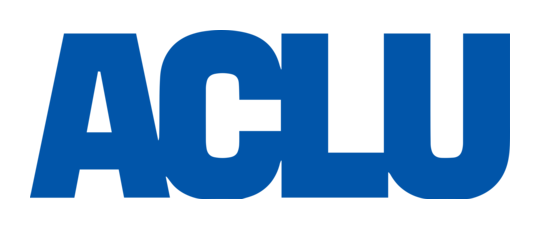Federal court: N.C. law does not bar transgender people from public facilities

A federal court last night said that North Carolina’s House Bill 142, the 2017 law that replaced the state’s notorious anti-LGBT measure, House Bill 2, does not bar transgender people from using public restrooms and other facilities that match their gender identity. U.S. District Judge Thomas Schroeder also said that he would allow a challenge to the law’s ban on local LGBT nondiscrimination policies to go forward.
The American Civil Liberties Union and Lambda Legal are representing six LGBT North Carolinians and members of the ACLU of North Carolina in the lawsuit challenging the replacement law, H.B. 142.
The Court held that H.B. 142 partially returned North Carolina to the pre-H.B. 2 “status quo” by repealing language that restricted restroom access for transgender people. “Nothing in the language of Section 2 [of H.B. 142] can be construed to prevent transgender individuals from using the restrooms that align with their gender identity,” Judge Schroeder wrote.
H.B. 142 prohibits regulation of restrooms and other facilities in government buildings, including schools. The ACLU and Lambda Legal argued that the law’s vagueness created widespread uncertainty across the state and effectively barred transgender people from using restrooms in government buildings. It also prevents cities from passing any prohibitions on employment discrimination or discrimination by places of public accommodation until December 2020.
Related:
Trans bathroom case settlement and new LGBT+ protections in North Carolina
North Carolina 'bathroom bill' reset gets applause and jeers
“I am relieved to finally have the court unequivocally say that there is no law in North Carolina that can be used to bar transgender people from using restrooms that match who we are,” said Joaquin Carcaño, lead plaintiff in the lawsuit. “For the past two and a half years, I have been unable to use restrooms in my home state without worrying that I will be subject to discrimination, harassment, or even arrest. Our community has faced so much discrimination because of H.B. 2 and H.B. 142, and this decision will give us more support to defend the rights and basic humanity of our community members across the state.”
“By making clear that transgender people in North Carolina cannot be barred from using public facilities that match their gender identity, this decision lessens some of the harm that has been caused by these laws’ disgraceful and indefensible attacks on LGBT North Carolinians,” said ACLU of North Carolina Legal Director Chris Brook. “The court’s decision does not account for the very real injuries LGBT people have faced under both H.B. 2 and H.B. 142, but we will continue fighting for the rights of all LGBT people in North Carolina as this case proceeds. The bottom line is that LGBT North Carolinians deserve to feel secure in knowing that when they go about their daily lives and interact with businesses open to the public, any discrimination they encounter is unacceptable.”
“In light of this ruling, there should no longer be any excuse for discrimination in government facilities against transgender students and employees, who are simply trying to get through daily life like everyone else,” says Tara Borelli, Lambda Legal Counsel. “H.B. 142 and H.B. 2 no longer provide a fig leaf for denying transgender people equal dignity and access to public facilities on the same terms that all other North Carolinians can take for granted.”
In 2016, the ACLU and Lambda Legal challenged House Bill 2, which removed local legal protections for LGBT people and prohibited transgender people from using public facilities that correspond to their gender identity. Later that year, the court granted a preliminary injunction to stop the University of North Carolina from enforcing the law against three transgender plaintiffs in the case. The lawsuit was amended to challenge provisions of H.B. 142 when the replacement law was passed in 2017.
Last year, Governor Roy Cooper, Attorney General Josh Stein, the ACLU, and Lambda Legal submitted to the court a proposed settlement that said transgender people in North Carolina would not be barred from using public restrooms and other facilities that match their gender identity in executive branch buildings under HB 142. The court last night requested more briefing on that proposal.
The court's order is available here.
The Gayly – October 1, 2018 @ 12:25 p.m. CDT.





